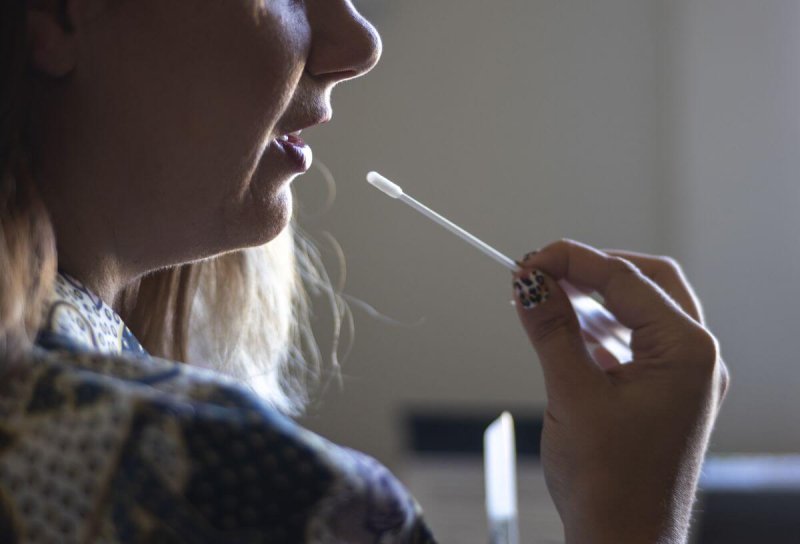Companies such as 23andMe have proliferated over the past decade, feeding people’s hunger to know who and where they come from, and what diseases their genes might predispose them to. Over that time, it has gradually become clear that the main source of revenue for at least some of these companies comes from selling the data on to third parties.
…
DTC companies are far from the only ones collecting sensitive data about you. National health systems, health insurers and, increasingly, social media providers are too. It’s already being used in research designed to improve our health and wellbeing, and there is a legitimate question to be asked about compensation. 23andMe, for example, asks its customers to waive all claims to a share of the profits arising from such research. But given those profits could be substantial – as evidenced by the interest of big pharma – shouldn’t the company be paying us for our data, rather than charging us to be tested?
…
These are the privacy concerns that may be behind layoffs, not only at 23andMe, but also at other DTC companies, and that we need to resolve urgently to avoid the pitfalls of genetic testing while realising its undoubted promise.































